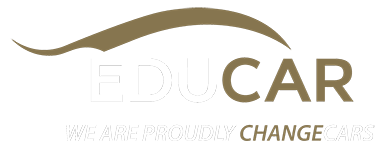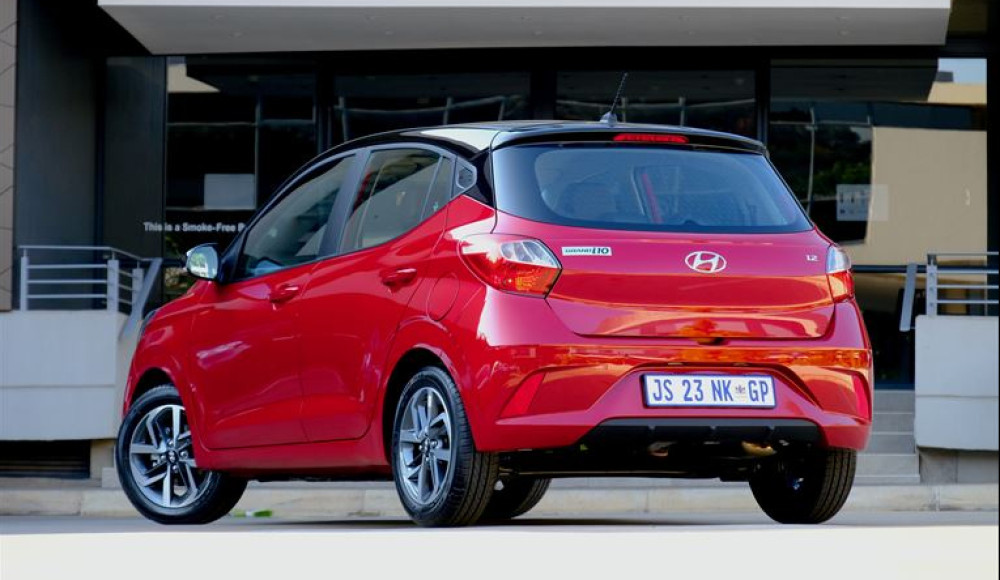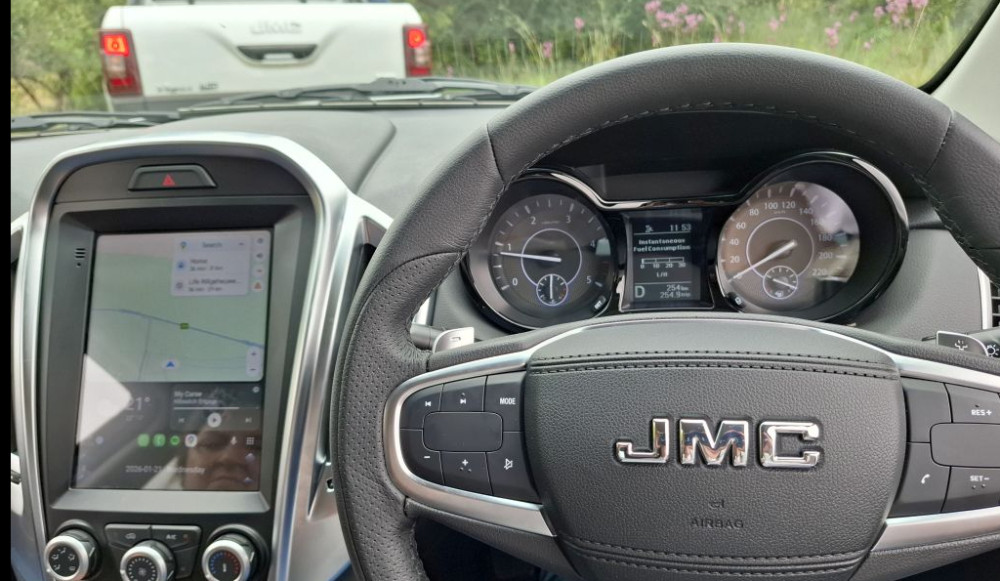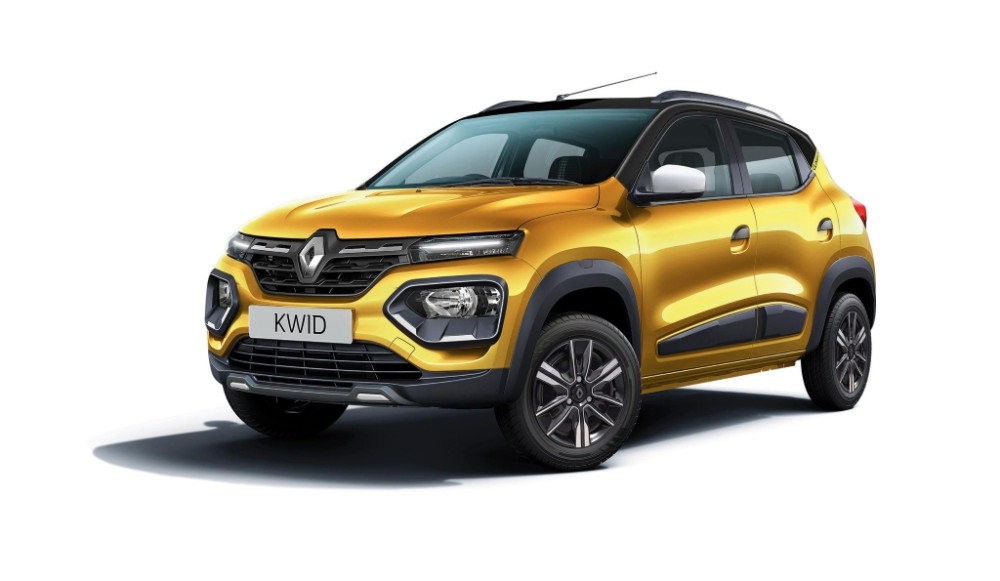South Africa's automotive sector demonstrated robust domestic demand in July 2025, continuing its positive trajectory despite increasing pressure on export markets from newly imposed international tariffs. The latest sales figures underscore the industry's significant role within the national economy.
July saw aggregate new vehicle sales reach 51 383 units, representing a notable increase of 6 931 units, or 15,6%, compared to the 44 452 units sold in July 2024. This marks the strongest monthly performance since October 2019. Naamsa, the Automotive Business Council, attributes this momentum to improving consumer confidence, accessible credit conditions, and a gradual recovery in household disposable incomes.
Dealers remained the primary channel, accounting for an estimated 42 700 units, or 83,1%, of total sales. Sales to the vehicle rental industry constituted approximately 11,1%, government purchases 3,1%, and sales to industry corporate fleets 2,7%.
There is never not a good time to look for a new car - click here to see what we can offer you
The passenger car segment showed significant strength, with sales reaching 36 248 units. This is the highest monthly figure recorded since January 2017, reflecting an increase of 6 072 units, or 20,1%, year-on-year. Car rental companies accounted for 14,0% of these passenger vehicle sales. Sales of new light commercial vehicles, including bakkies and minibuses, stood at 12 356 units for July, an increase of 800 units, or 6,9%, compared to July 2024.
Performance in the commercial vehicle segments was varied. Medium commercial vehicle sales increased by 86 units, or 13,9%, to reach 703 units. Conversely, the heavy truck and bus segment recorded a slight decrease of 27 vehicles, or 1,3%, settling at 2 076 units compared to July 2024.
The recent decision by the South African Reserve Bank to lower the repo rate by 25 basis points to 7,00% in July – its third reduction this year – is anticipated to provide further economic stimulus. This proactive monetary policy aims to bolster real sector growth while maintaining price stability. Headline inflation rose modestly to 3,0% in June from 2,8% in May, while core inflation eased slightly to 2,9%. Inflation is projected to average 3,5% for 2025 and increase to 4,2% in 2026, staying within the target band.
Household credit extension continues to improve, and consumer sentiment is recovering, particularly among middle- and upper-income groups. Factors such as implemented pension reforms releasing liquidity for large purchases, improved logistics, more stable electricity supply, and sustained demand for cost-effective, high-specification vehicles across segments are reinforcing this positive domestic trend.
"The sustained positive momentum in new vehicle sales clearly underscores the resilience of South African consumers and the strategic importance of a stable macro-economic policy environment," commented Naamsa CEO, Mikel Mabasa. "This performance reflects more than short-term consumption; it signals the sector’s confidence in the country’s broader economic trajectory."
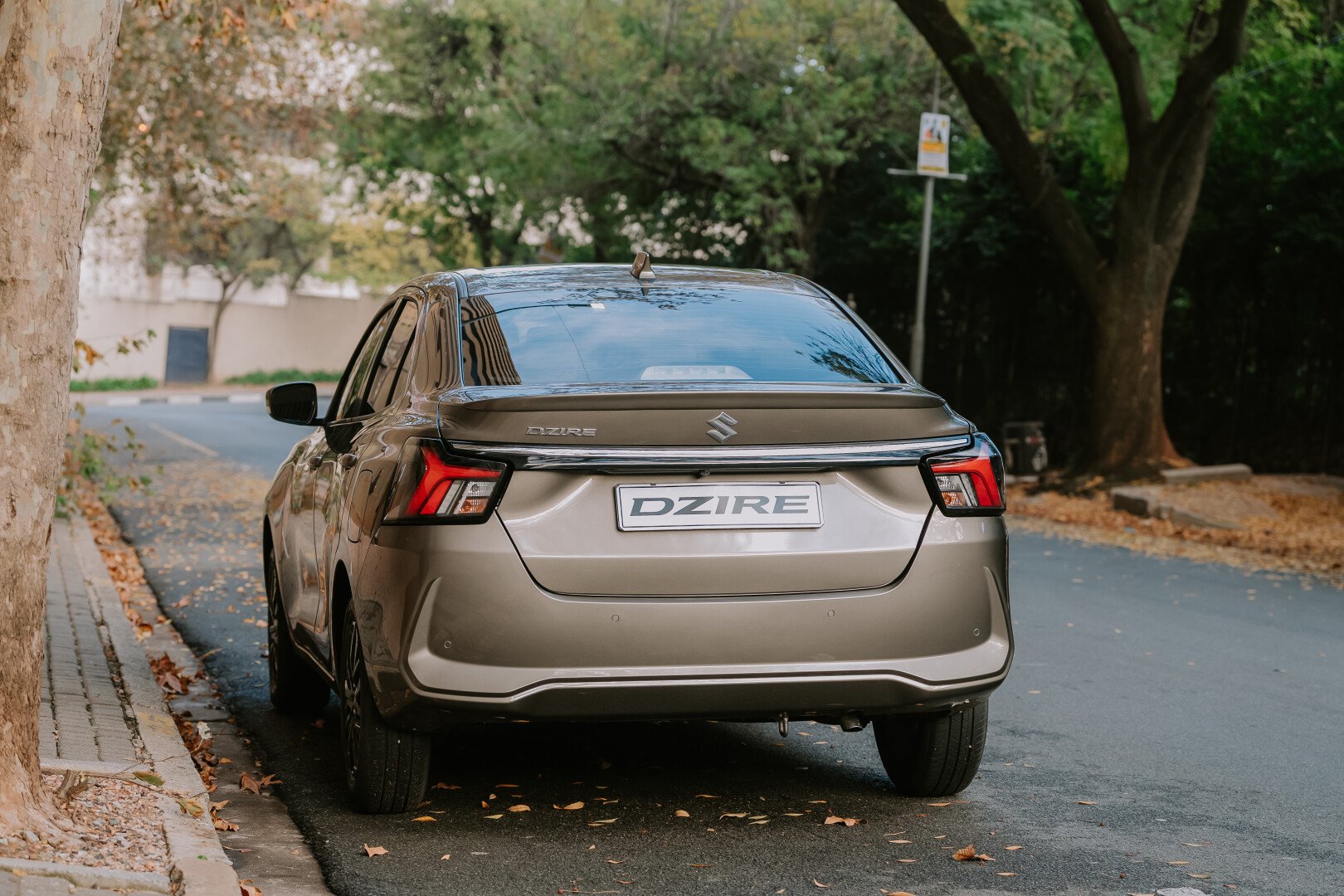
Starting or running a small business and in need of a bakkie – click here
However, the export landscape presents challenges. Vehicle exports for July 2025 decreased by 677 units, or 1,9%, to 35 379 units compared to July 2024. This decline follows the implementation of 25% Section 232 tariffs on South African automotive exports to the United States in April 2025. Despite this, year-to-date vehicle exports remain 2,5% ahead of the same period in 2024, supported by diversified markets, strong bilateral demand, and supply chain adjustments by manufacturers.
This resilience stems partly from the sector expanding its global reach to over 109 export markets in 2024. However, pressure is mounting as other exporting nations redirect volumes towards South Africa's traditional markets. "South Africa’s automotive industry has long relied on export strength to drive production, attract investment, and create employment," Mabasa stated. "The current environment tests that model, but maintaining solid export volumes amid uncertainty demonstrates the commitment of our manufacturers to South Africa’s industrial base."
The sector now faces an additional hurdle with the confirmation of a reimposed 30% general tariff on South African exports to the US, effective from 07 August 2025. While other trading partners secured reduced tariffs, South Africa was unable to negotiate preferential terms. For the automotive sector, already experiencing a sharp contraction in US exports – down 82,2% in the first half of 2025 compared to 2024 – this represents a significant competitiveness challenge.
"The reimposition of these tariffs is deeply disappointing and has far-reaching implications. Without urgent trade remedy, the socio-economic fallout could be severe," Mabasa warned. "We continue intensive engagements with government for a fair and reciprocal trading relationship. But with the tariffs taking effect within days, we must also look to deepen regional trade, expand market access in Africa and Asia, and accelerate the rollout of South Africa’s New Energy Vehicle transition strategy to attract new investment."
The year 2025 is critical as the industry prepares for reviews of the South African Automotive Masterplan 2035 and the Automotive Production and Development Programme Phase 2. These reviews aim to realign policy with global shifts and reset goals considering both domestic and export challenges. "We must seize this moment," Mabasa urged. "With positive domestic fundamentals and export volumes holding firm, now is the time to intensify policy co-ordination, deepen localisation, and invest boldly in future technologies."
Attention now shifts to SA Auto Week 2025, scheduled for 01-03 October in Gqeberha, Eastern Cape – the historic heart of the industry. Hosted under the theme "Reimagining the Future, TOGETHER: Cultivating Inclusive Growth and Shared Prosperity", the event aims to foster industrial alliances, recommit to trade diplomacy, and accelerate a just energy transition within the automotive sector, particularly vital given the threats posed by US tariffs to jobs and industrial capabilities in regions like East London. Naamsa reaffirmed its commitment to navigating these challenges in support of national economic growth.
Colin Windell for Colin-on-Cars in association with
proudly CHANGECARS
